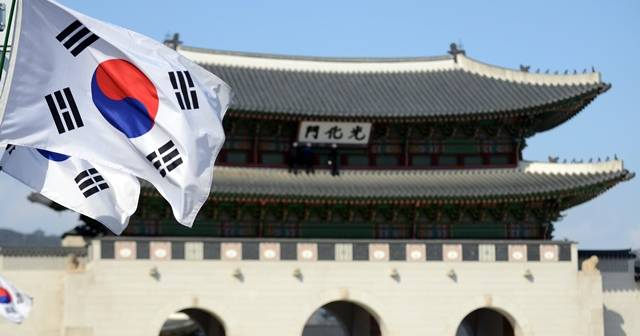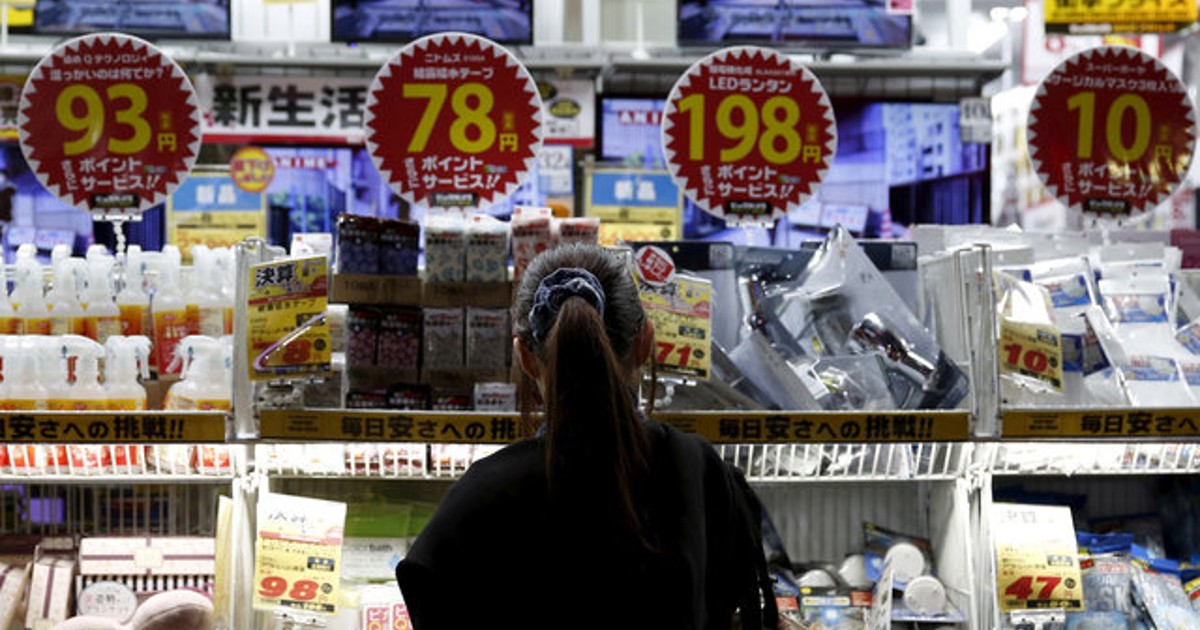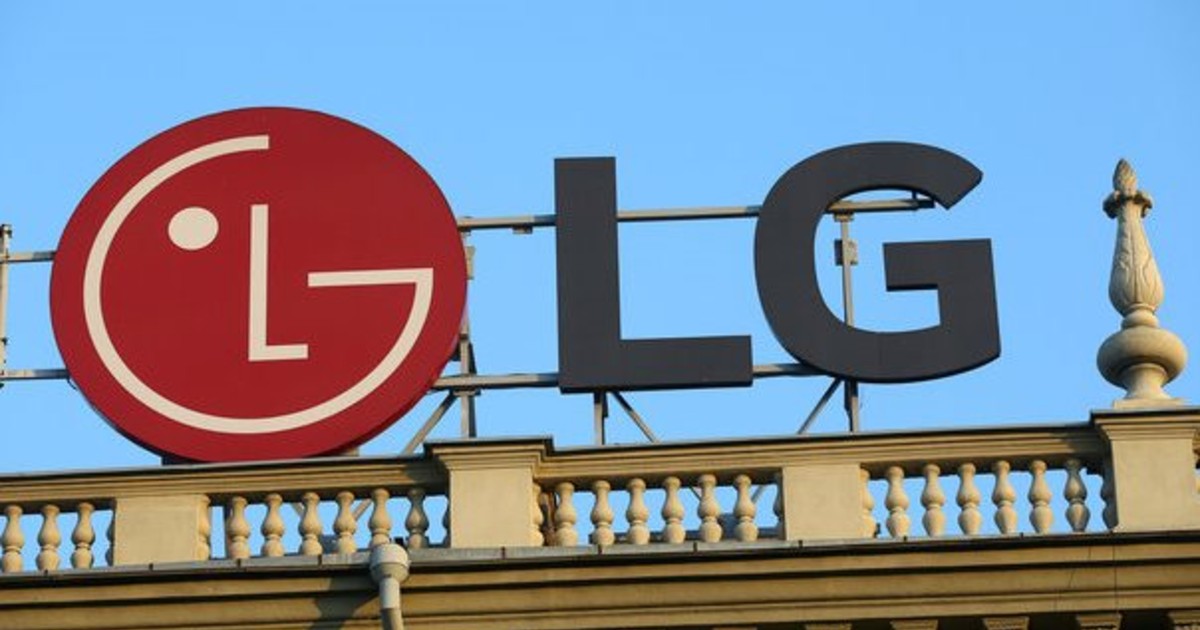The South Korean government held a meeting to implement the pilot projects of the eight major industry supply chains. According to Yonhap News Agency, the authorities are actively studying the establishment of a 5 trillion won (approximately HKD 29 billion) supply chain stability fund to support South Korean companies in producing urea independently, fundamentally solving the problem of unsmooth import of urea in the supply chain that occurred earlier.
This meeting aims to promote the autonomy of the supply chain and the diversification of import channels for products with a high dependence on China. The categories of products involved include urea, anode materials, semiconductor materials, semiconductor inert gases, rare earth permanent magnets, magnesium, and molybdenum.
The meeting discussed the government's comprehensive economic support for South Korean urea companies, including direct financial support. Based on the proposals of enterprises, the plan for the establishment of urea production facilities in the country will be discussed, and after consultation with relevant departments, it will be included in the basic plan for the stabilization of the pan-government supply chain.
At the end of last year, the mainland suddenly suspended the export of vehicle-use urea to South Korea, resulting in a shortage of vehicle-use urea solution in South Korea. At that time, the import dependence on this product from China reached 90%. A similar situation also occurred in the 2021 fiscal year, almost paralyzing the local logistics. Since then, the South Korean government has been providing freight subsidies to companies importing urea from countries other than China, and this time, it is to fundamentally solve the problem and fully explore plans to support localized production.
In addition, the authorities also decided to develop a comprehensive support manual for the supply chains of the eight major projects to provide targeted support for all. The budget for the reserve of key minerals has increased from 87.2 billion won last year to 303.1 billion won.



